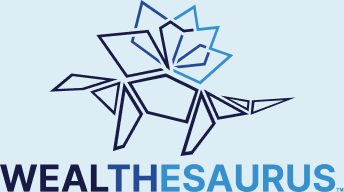The structures, processes, and documents that relate to decision-making on the family side of a family enterprise system.
In a family enterprise, there are essentially two major systems or pillars for governance and decision-making: family governance and enterprise governance.
Family governance consists of elements such as a family council, family assembly, and/or family board. These structures oversee and manage activities related to family well-being, education, leadership, conflict management, values, and interests. There may also be collaboration and advisory oversight of shared family property (e.g., family cottages) and entities such a family foundation, other family-affiliated philanthropic activities, and possibly a family office. Participation in family governance may, depending on the family’s values and wishes, include bloodline members and/or their committed partners and spouses without regard to ownership status in the enterprise.
Common documents and processes associated with family governance include a family constitution, family charter, and other policies and procedures that support family governance.
Enterprise governance manages the complex hierarchy of assets and entities in the family enterprise system. The owners or shareholders have overall fiduciary responsibility for some combination of (potentially) a family office, holdings board, board of directors, corporate management, investment committees or managers, and the enterprise assets themselves. In enterprise governance, ownership status is relevant whereas in family governance it may not be.
In a well-known framework known as the “four rooms model” by the BanyanGlobal consulting group, the “family room” is part of family governance while the “owner room,” “board room,” and “management room” are part of enterprise governance.
Well-designed governance systems keep the responsibilities, boundaries, structures, and procedures clear and well-defined for each major element.
See Also: Enterprise governance, Family enterprise, Governance
See References
Baron, Josh, Rob Lachenauer, and Sebastian Ehrensberger. “Making Better Decisions in Your Family Business.” Harvard Business Review, September 8, 2015. uhnwinstitutelibrary.org/
Jaffe, Dennis, and James Grubman. “The Two Pillars of Governance in Family Enterprises: A Straightforward Understanding of Complex Systems.” The FFI Practitioner, 2020. uhnwinstitutelibrary.org/
Hamilton, Sara S. and Margaret Vaughan Cox. Build an Enterprise Family to Last: Proven Strategies to Thrive Across Generations. James E. Hughes, Jr Foundation, 2020. uhnwinstitutelibrary.org/
Hauser, Barbara. “Family Governance–Who, What, and How.” The Journal of Wealth Management, Fall (2002): 10-16. uhnwinstitutelibrary.org/
